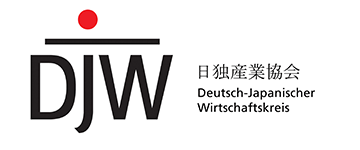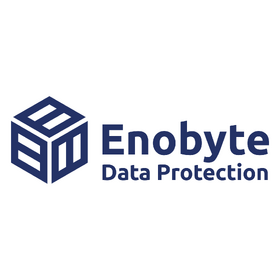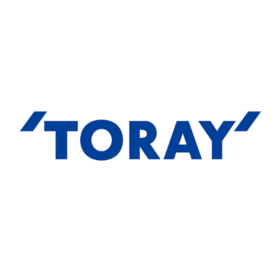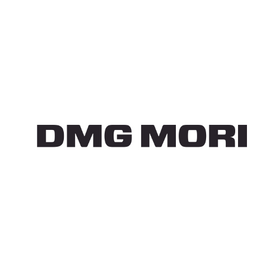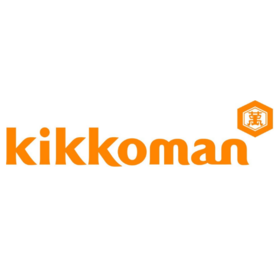Dr. med. Christina Czeschik, Ärztin für Medizinische Informatik, serapion medical
This article was published in DJW News 4/2016
Those of you who have been living in Germany for some time and have statutory health insurance will re-member the letter from the insurance company stating to “please submit a photo so that we may ex-change your old card for a new one” – the new one being the elektronische Gesundheitskarte (eGK; electronic health insurance card). The eGK is supposed to enable a long-awaited health telematics infrastructure in Germany – an infrastructure to enable safe electronic communication, exchange of data and eventually even telemedicine offerings, such as remote consultation hours and radiology consultations. Data sharing between hospitals and doctors’ offices is supposed to become easier, quicker and more reliable; transparency of medical data for patients shall be improved and automated safety checks facilitated.
Efforts to harness the internet’s amazing potential for re-source-efficient connectivity (and generally improving people’s lives, as some may say) were made as early as the mid-1990s in Germany, when the government first asked consultancy Roland Berger about the potential benefits of e-health. At that time the government was warned that the very divergent interests of stakeholders would make it rather difficult to find sufficient support for a general telematics infrastructure, unless applications with clear bene-fits for all parties involved would be implemented speedily.
Indeed, further on, several relevant parties offered resistance against the development of an obligatory telematics infrastructure, the most important possibly being professional associations of medical doctors, the “Ärzte-kammern”, and their umbrella organization, the “Bundesärztekammer”. Again and again, their congresses formulated resolutions against the government’s plans. Why? Not only practical reasons and doubts about the financial viability were cited, but especially worries about the fate of doc-tor–patient confidentiality in a network that was basically in hands of non-physicians.
Other factors as well, such as disagreements and delivery problems in the IT industry, slowed the process until the government felt obliged to issue a new law to speed things up: the e-health law (Gesetz für sichere digitale Kommunikation und Anwendungen im Gesundheitswesen), effective as of January 1, 2016.
Which data in whose hands? The e-health law defines a list of telematics infrastructure and eGK applications, which from a patient–consumer standpoint, are divided into obligatory and facultative applications. In other words: every patient with statutory health insurance may decide whether or not they would like to use the facultative ap-plications, while obligatory applications are enabled on every eGK. Obligatory applications are:
- Storage of master data (such as name and address of an insured individual) and online management of these data by the health insurance company, which makes the re-issuing of new cards for ex-ample in case of data changes unnecessary,
- electronic drug prescription (to replace prescriptions printed on paper) and
- European Health Insurance Card (EHIC) on the back side of the eGK.
However, as of this writing, only online data management is implemented and in practical use, and the EHIC is al-ready valid. Due to the complexity of the project, each of the other functions will be implemented by and by.
Now for the rather more extensive list of facultative applications that you may one day have at your disposal:
- Emergency record (including, for example, diagnoses, current medications and allergies),
- electronic doctor’s letter (doctor’s report as electronic file to replace printed reports),
- electronic patient record (including all items listed above as well as electronic maternity log and vaccination records),
- personal patient file and
- patient receipt (a list of all medical services billed to the insurance company).
However, none of these are available yet, except for a temporary substitute for the plan for safe drug treatment in the form of a hard copy you may request at your doctor’s office. According to the e-health law, emergency record and drug plan will be implemented in 2018, and the electronic patient record in 2019.
Something else that is not implemented yet but envisioned for the not-so-distant future: data sharing between medical entities in the European Union. However, common stand-ards need to be adopted in order to facilitate this. In case of success, even data sharing outside of Europe may one day become feasible.
The personal patient file is something that was not part of earlier schemes for eGK and telematics infrastructure and deserves a closer look. In this file the contents of the electronic patient record will be saved and made accessible to the eGK’s holder at home, independently of doctors’ offices or hospitals. According to the Federal Ministry of Health (Bundesgesundheitsministerium), this application shall strengthen the patient´s autonomy. What’s more, patients will be able to save their own health-related data, such as records from fitness watches and other wearables. How-ever, which kind of infrastructure patients will need to access their data has not yet been resolved.
Finally, where will your data be stored? At the present time, certainly also owing to doctors’ and other medical professionals’ concerns about patient privacy often voiced in the past, a central data repository, which would be most vulnerable to attacks, is not part of the plan, but instead, decentralized data storage in hospitals and doctors’ offices as well as on the eGK itself. However, this model is not without its own hazards, which will necessitate a close examination once it is actually deployed.
